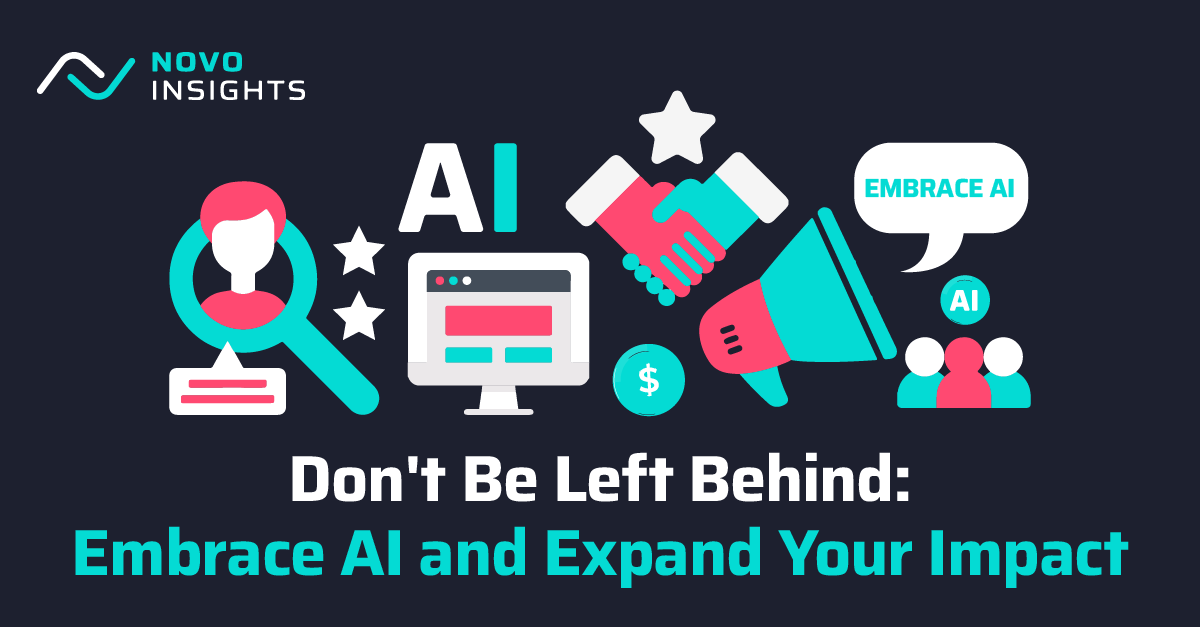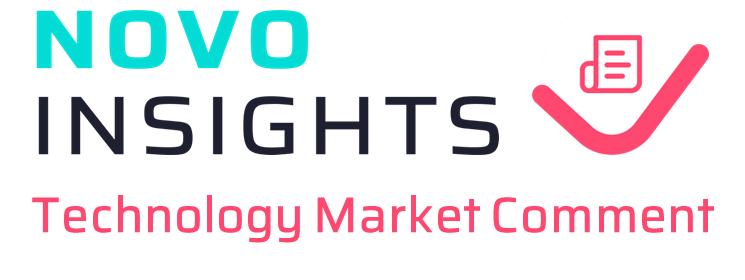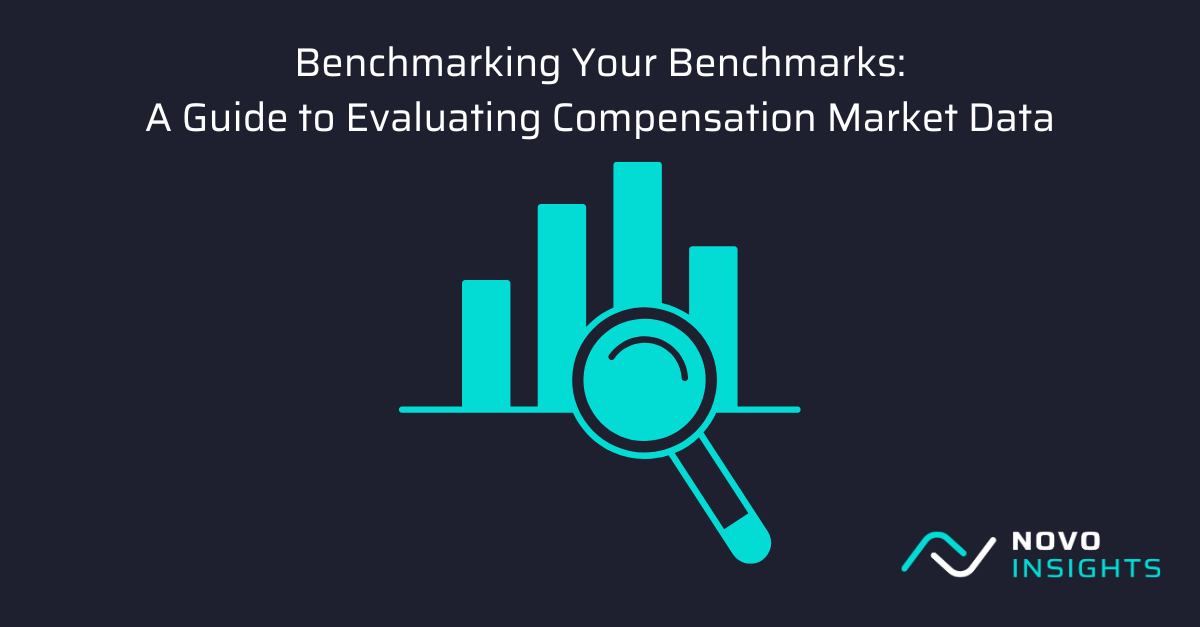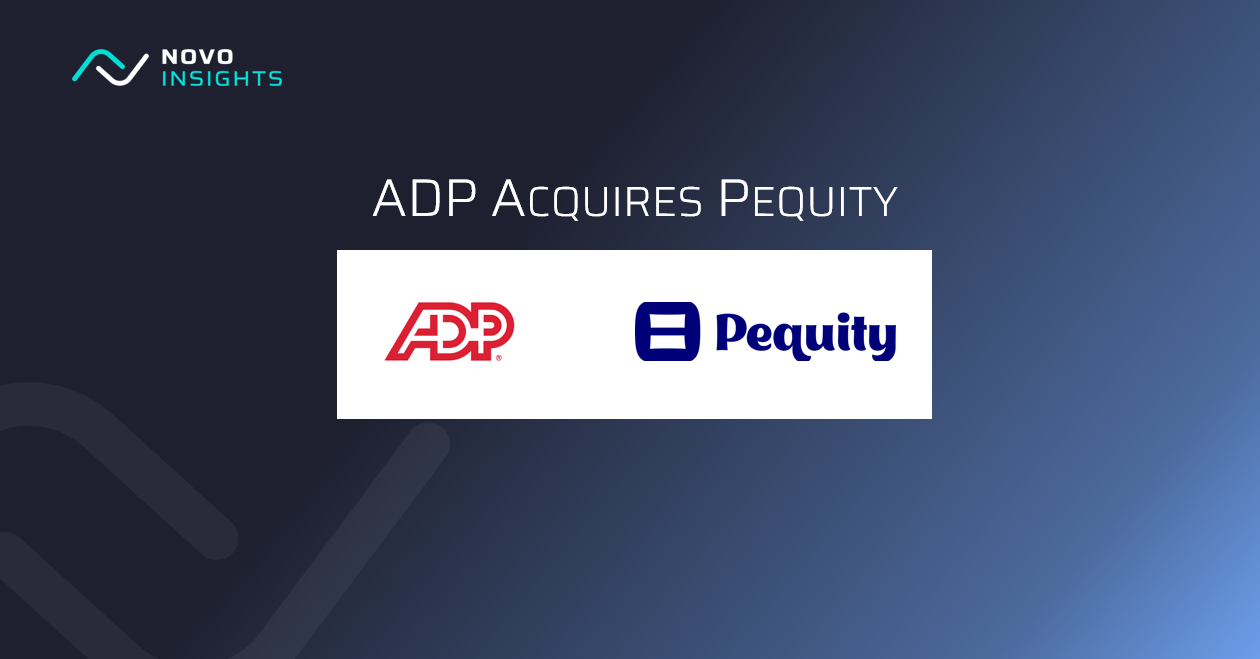You're not going to outrun the robots by being a better analyst. The math is too good and too easy these days for automation to do that work. But the future remains bright for HR professionals to do the uniquely human tasks needed to drive change and People transformation.
**
HR professionals seem to be of two minds about Artificial Intelligence. Some professionals - and just some days for other professionals - we are concerned about the impact of AI tools on our own positions. ChatGPT can generate content faster and with similar quality as many HR pros, and generative AI will only get better as it points to better and cleaner data.
In contrast, others recognize the transformative power of AI to increase productivity and work quality. The promise is there, and we're just in the infancy of utilizing AI technology to make an impact.
We're here to convince you to be in the second group. It's time to embrace AI to expand your impact as a People professional.
In this article, we'll examine and advocate for how the Compensation function can think about AI, embrace its future, and prepare to make an impact in a world coexisting with AI.
Step 1: Become AI-Literate
First and foremost, we all need to become AI-literate. If you don't understand how these tools work, how to engage them most effectively, and how they can go wrong... you are falling behind. Like "pretending that the internet won't be a thing" falling behind.
This doesn't mean you have to learn to create AI tools, or even try to understand the math underneath these technologies.
Below are a series of resources, generally sorted by the time required to consume them, to help you get a grasp on the concepts behind AI and the potential impact in HR.
Novo Insights - Machine Learning for Non-Data People
Novo Insights - Challenge the Robot: Critical Questions to Ask Your AI Tech Provider
Josh Bersin - Understanding AI in HR whitepaper
Geeks for Geeks - Artificial Intelligence: An Introduction
Coursera - Introduction to AI
Coursera - AI Fundamentals for Non-Data Scientists
Step 2: Evaluate Your Work for AI-Impact
We don't doubt that AI will change the work of many functions, and this is certainly true within HR. AI is proving to be quite successful in drafting content, spotting basic patterns, comparing texts, summarizing passages, matching based on prior data... all capabilities that can tackle work within the HR function.
Using the Compensation function as an example, it's not hard at all to see a world where a lot of the mechanics of measuring competitiveness can be fully or almost fully automated. For example, compensation skills like job analysis, job matching, survey submissions, etc. likely become less in demand as AI can take on that work. We'd argue that's been happening anyway with good technology and new approaches to market estimation, but AI will only accelerate that.
We use the framework below to understand the work of the compensation function. What AI can do is make the bottom "Recurring Transactional" layer very easy (or fully automated), and likely makes "Recurring Programs" and some "Projects" much more efficient. But we don't see it replacing the more creative work in the Programs, Projects, and Investments areas.
Why don't we see as large an impact on Programs, Projects, and Investments?
Because the skills required to drive success in these areas require abilities we don't foresee as being driven by AI.
Step 3: Identify - and Invest In - Human Skills Needed
Using the Compensation functional example, we can see the transformative and high-value work that AI is less-likely to fully replace. To fully embrace AI, we need to ensure we further develop the skills needs to drive that work, perhaps even utilizing AI in that work to make a bigger impact.
The following skill areas are crucial to making an impact in an AI-ready world. While constructed with the Compensation function in mind, these likely apply across the HR domain.
Communication
While generative AI can create content, it's still a uniquely human task to tailor the tone and approach in communication to an audience to influence change. HR professionals need to develop the skills to communicate differently and compellingly to three key personas:
Employees: Communicating to diverse workforces, marrying message with media
Managers/Leaders: Teaching/Enabling manager conversations, coaching and persuading to support change, providing talking points to cascade messaging
Executives: Clarity of thought and strategy, business case articulation
Market Awareness
AI is often trained on broad data sets - not the specific peer groups or industries in which you compete for talent. HR professionals will still be called upon to understand the current and emerging practices within the talent market. This requires the underlying skills of building a network, listening actively for ideas and trends, and creatively sourcing competitive intelligence.
Enterprise Change Management
Ultimately, as we create new programs or improve existing ones, we need to implement them with excellence. The skills and competencies needed to drive broad, enterprise change will always be in demand. We find that becoming expertly-versed in the tools and frameworks utilized within your organization is the best path to success - and many organizations or leaders have a preferred model of change.
Data Storytelling
The early signs from AI suggest that data analysis is not a uniquely human task. Algorithms can spot trends, and can even summarize the implications. The gap we still see is knowing how to translate those data trends into stories that inspire action. Using our Information to Impact Process framework, AI can handle the Information, but often needs help to make the connections to drive real Insights - let alone stimulate Ideas.
All HR professionals should continue to develop their underlying data literacy, visualization, and presentation skills. Excellent resources here are Cole Nussbaumer Knaflic's Storytelling with Data and Storytelling with You.
Behavioral Science
In the People world, we focus on people. People are complex, smart, strange, and irrational all at the same time. This makes our work difficult, but also exciting.
Particularly in Compensation, we need to understand how humans perceive incentives and make decisions. This is at the core of what we do. The world of behavioral science and behavioral economics provides a lens into how we can better engage and support the workforce in making better decisions.
Some useful resources and texts to develop in this area include:
**
There is little doubt that AI is going to change how we do the work we do. In some cases we can fully automate routine tasks, and in other cases AI can supplement our work as we drive transformation and change.
It's time to embrace the coming change, and develop the skills needed to lead and make an impact in an AI-driven world. The future is bright for all HR professionals as we embrace the change and lead this transformation within our organizations.




